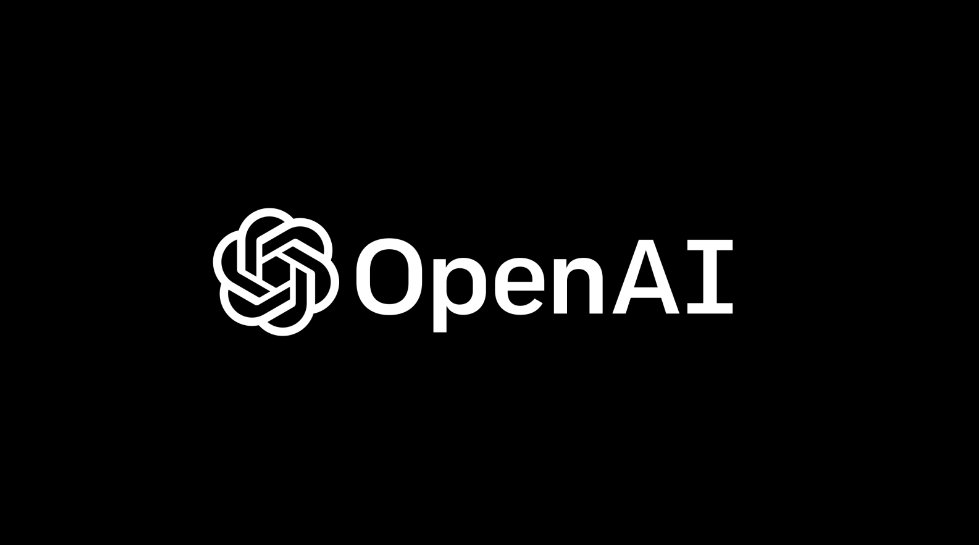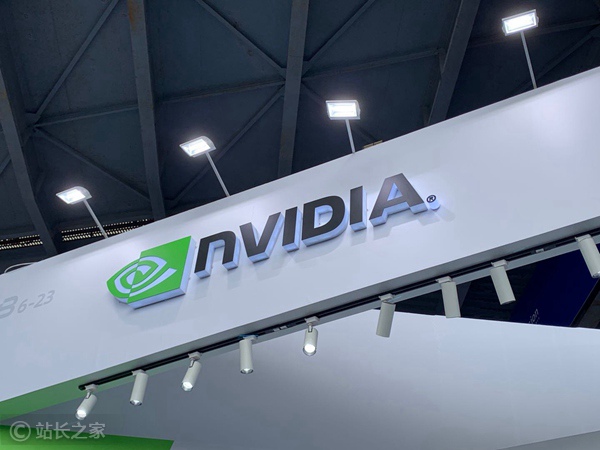The UAE government-backed Technology Innovation Institute (TII) recently announced the launch of its new generation of open source small language models (SLM) - the Falcon3 series. The series includes four models of different sizes: 1B, 3B, 7B and 10B, and is available in both basic and command variants, aiming to provide developers, researchers and enterprises with an efficient and cost-effective AI solution. The launch of these models marks the further democratization of AI capabilities and can run on lightweight single-GPU infrastructure to meet the needs of devices and application scenarios with limited computing resources.

Picture source note: The picture is generated by AI, and the picture authorization service provider Midjourney
The Falcon 3’s performance has topped the Hugging Face rankings, outperforming open source models of the same size, such as Meta’s Llama and Qwen-2.5. In particular, the 7B and 10B versions have demonstrated leading technical advantages in reasoning speed, language understanding, instruction execution, and code and mathematics tasks, and even surpassed competitors such as Google, Meta, and Alibaba in multiple benchmark tests.
Compared with traditional large language models (LLM), SLM models have the advantages of high efficiency and low cost due to their fewer parameters and simpler design, and are especially suitable for applications in customer service, healthcare, Internet of Things and other fields. According to market research firm Values Reports, the SLM market is expected to grow at an average annual rate of 18% over the next five years.
The training data scale of the Falcon3 series reaches 14 trillion tokens, which is more than twice that of its predecessor Falcon2. This series adopts a decoder-only architecture and a grouped query attention mechanism to minimize memory usage while improving inference efficiency. Falcon3 supports four languages, including English, French, Spanish and Portuguese, and is equipped with a 32K context window, which can handle long input text and meet the needs of various industries.
TII said the base model of Falcon3 is suitable for general-purpose tasks, while the command version is optimized for conversational tasks such as customer service and virtual assistants. The launch of this series will further promote the development of edge computing and privacy-sensitive applications, supporting scenarios such as personalized recommendations, data analysis, medical diagnosis, and supply chain optimization.
All Falcon3 models are released under the TII Falcon License 2.0, a permissive license based on Apache 2.0 that supports responsible AI development and deployment. To help developers and researchers get started, TII also launched the Falcon Playground test environment, where users can try out these models before integrating them.
AI courses are suitable for people who are interested in artificial intelligence technology, including but not limited to students, engineers, data scientists, developers, and professionals in AI technology.
The course content ranges from basic to advanced. Beginners can choose basic courses and gradually go into more complex algorithms and applications.
Learning AI requires a certain mathematical foundation (such as linear algebra, probability theory, calculus, etc.), as well as programming knowledge (Python is the most commonly used programming language).
You will learn the core concepts and technologies in the fields of natural language processing, computer vision, data analysis, and master the use of AI tools and frameworks for practical development.
You can work as a data scientist, machine learning engineer, AI researcher, or apply AI technology to innovate in all walks of life.







